What’s this? Shock horror! Those crazy car-driving Brits aren’t exactly flocking to showrooms to buy an electric car.
Goodness. Who’d have thought it? Does the nation need its head testing?
According to the latest figures from lobbying body the Society of Motor Manufacturers and Traders (SMMT), things are not entirely good in the gin-palace showrooms that cluster around industrial estates like mould in an airless bathroom.
Last month, the number of private buyers – that is to say someone buying a car personally, rather than being handed it through a company car scheme or purchasing it through their own business – tumbled like the range of an EV on the motorway.
January saw 4000 electric cars bought by private buyers, a drop of 25 per cent compared with 5300 the previous year, says the SMMT.

Are you surprised? As a car enthusiast, probably not. You’ll know better than most that the government has done an outstanding job of giving consumers mixed messages and shaking their confidence, one minute offering incentives, the next removing them without notice, then declaring that civilisation will end if we’re not all buying electric cars by 2030, only to change its mind and knock back the date of the apocalypse by another five years.
The good news is, as choice improves, the electric car market continues to grow as a whole. But it would be growing further still if those paying with their own money weren’t feeling so hesitant.
The issue, presumably, is that while company car drivers are being showered with tempting tax breaks, gold, frankincense, and myrrh, there’s pretty much no sweetener to tempt those contemplating buying a new electric car.

And car salesmen, already a little miffed at being rapped over the knuckles for stitching us up with over-inflated finance in return for a nice backhander, are upset. It’s hard not to feel sympathy toward their plight; the poor buggers had worked tirelessly to earn the reputation for being the most cocky so-and-so’s of the automotive industry. Worse, even, than the patronising car mechanics or unresponsive breakdown companies.
Salesmen are having to unlearn an entire skillset and watch as their commissions disappear in smoke, because there aren’t as many unwitting mugs walking through their doors announcing, “I’d like to pay well over the odds for a new car, please.” Hopefully the Financial Conduct Authority will see consumers right.
It doesn’t have to be like this. Consumer confidence could be nurtured back to health. A template of how to efficiently electrify the vehicle fleet on the path to net zero has already been mapped out and shown to work. When not gazing up at the night sky and trying to find a bar serving a beer for less than £500, the Norwegians have set aside half a lifetime to figure out how they can make it worthwhile to drive electric. The dried-cod–loving Nordmenn kicked things off in 1990, when they announced they’d do away with import tax on electric cars, followed six years later by ditching road tax. Then things started to get really interesting. From 1997, if you drove an EV, they’d wave the many toll road charges, and from 1999 you could park for free. If you want to drive into London and spend your money in the shops, you need a second mortgage to afford to the parking fees.
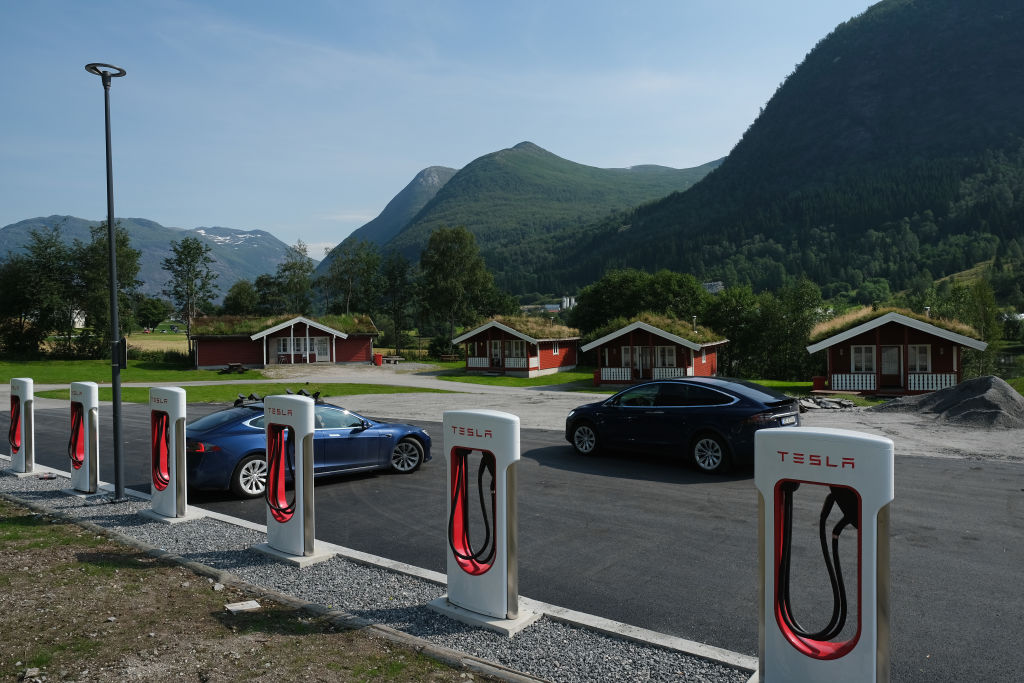
Good, huh? It gets better. Next came cuts to company car tax, then VAT was dropped from the purchase price for private buyers. By 2005, those crazy cats did the unthinkable and allowed EVs to drive in bus lanes, then later dropped ferry charges and removed VAT from leasing. In 2017, they legislated for a right to charge, addressing the issue of charging when living in high-rise flats – a concept our politicians still can’t get their heads around.
This enduring commitment to carrot dangling – two decades or longer, in some areas – has worked a treat. In 2023, 82 per cent of new cars sold in Norway were electric. And because 90 per cent of its electricity comes from hydroelectric sources, with the remainder mostly wind power, the switchover doesn’t come with as many uncomfortable truths about the environmental benefits of battery-powered cars.
Contrast this with what Britain’s private drivers have been offered. There was the plug-in car grant, introduced in 2011 and gradually watered down until it was unplugged last spring. Doubtless EV evangelists will shout about the exemption from road tax, but we can all kiss goodbye to that from 2025, when all of today’s EVs will cost £180 a year to tax, the same as gas guzzlers. There was also a contribution to installing a charging point, but in another act of great stupidity, that is now only available to homeowners who live in a flat and have off-street parking. About 11 people, then.
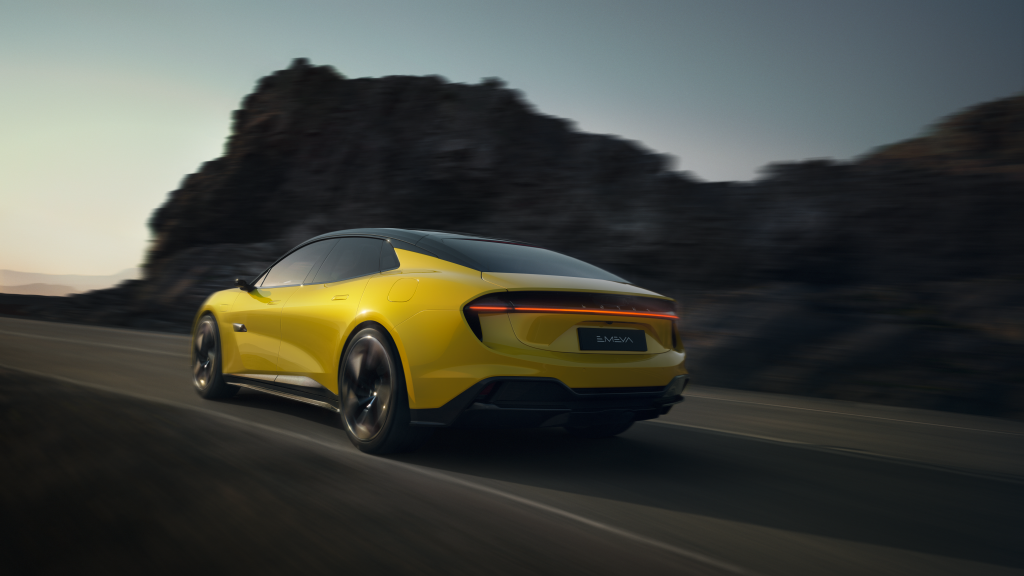
It’s rubbish, frankly. We all know how expensive electric cars are to buy compared with the petrol and diesel things we’ve grown up driving, but that seems to be lost on the government.
A new report from the House of Lords Environment and Climate Committee warns that the government needs to “put its foot on the accelerator” if the UK is to meet its self-imposed target for net-zero by 2050. It wants a new package of electric car purchase incentives, and says the government must act in three areas to move its strategy forward: consumer confidence, infrastructure, and industry support.
But they left out the most important recommendation of all: Organise a Zoom call with their opposite numbers in Norway, and ask them how they pulled it off.

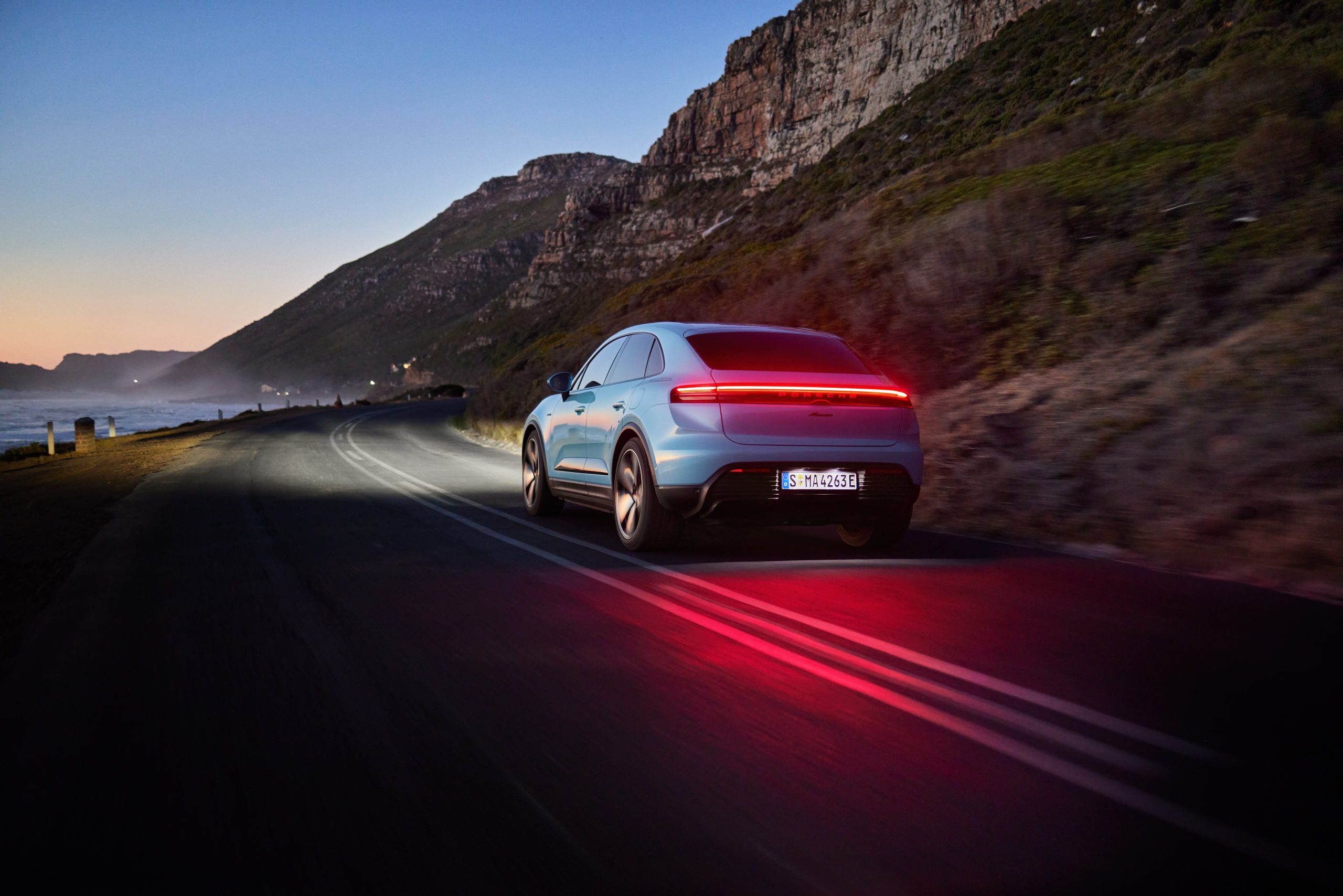
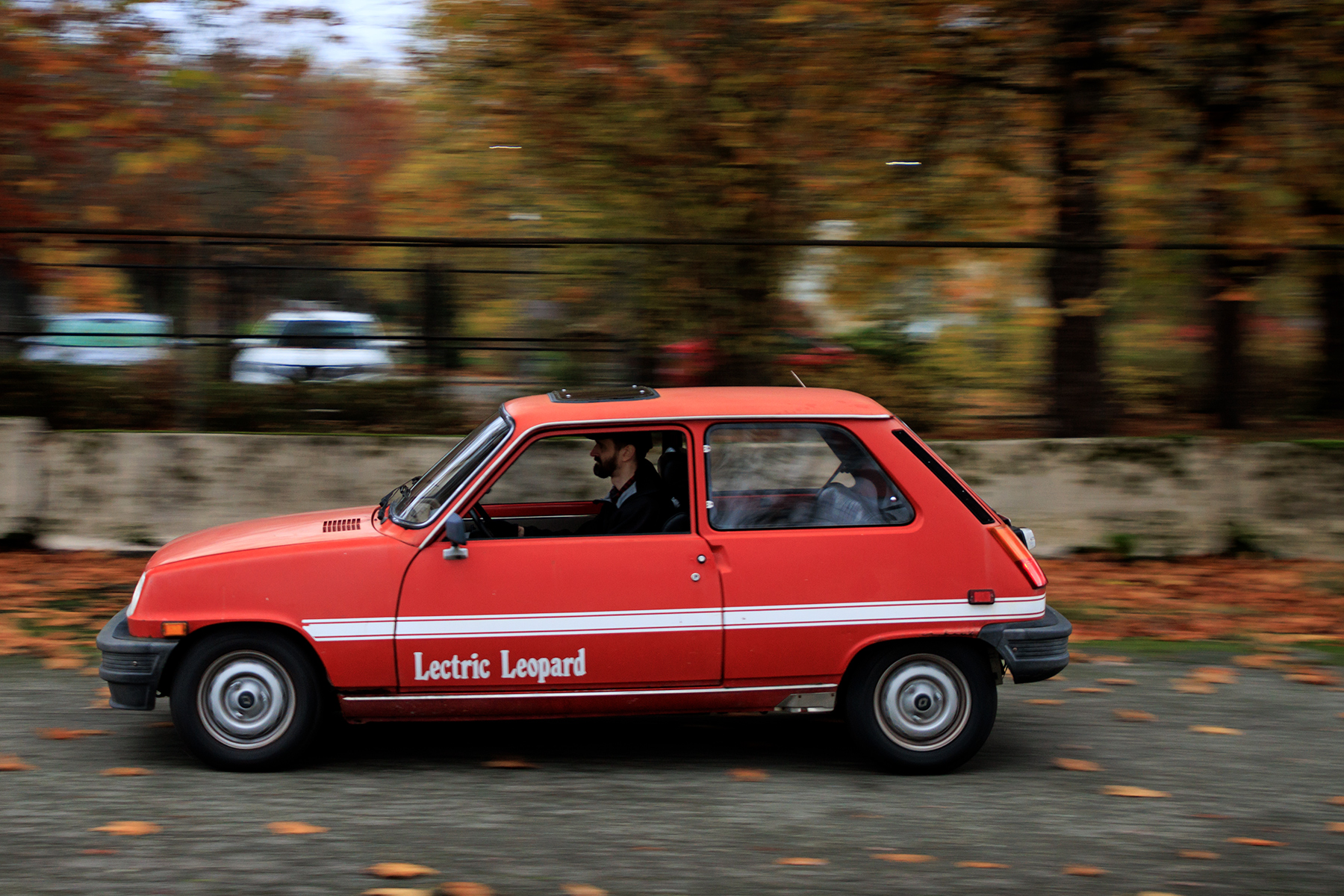






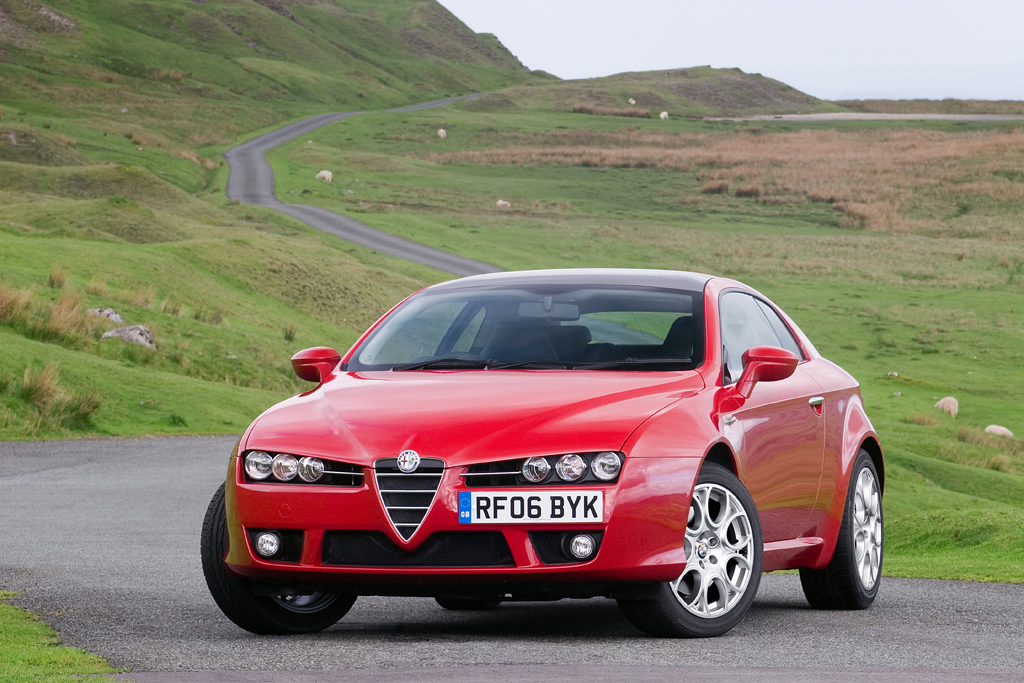
EVs are a passing fad just like curved TV screens and 3D TV
My recently purchased a class annual depreciation has had an average annual depreciation rate of 9%, starting at around 20% now down to about 6%. However, recent figures show EV models from prominent automakers such as Tesla, Ford and Porsche have seen their value drop by up to 50% within 12 months. A loss of 34% considered the norm. In for top of the range vehicles this translates to a daily loss of over £400 a day in value. Ask yourself how much will my ten year old EV be worth when its battery life guarantees run out after 10 years? The answer is less than 10% of its original value if that in many cases!